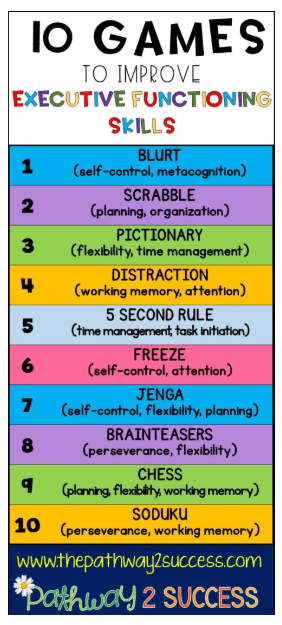Mission Statement
Utilizing a strengths-based approach, the school counseling program at St. Raphael Catholic School enhances students’ social emotional, academic and career skills. We are committed to providing a safe and nurturing environment for all students, supporting their unique abilities and providing the tools they need to become flexible, empathetic, resilient learners, leading virtuous lives as disciples of Christ.
What Do School Counselors Do?
A school counselor supports students with individual counseling, small group counseling, and classroom guidance curriculum. A school counselor’s role also encompasses responsibilities to support other facets of the school. Some examples might include:
- Creating a safe, inclusive school environment where children can learn.
- Listening to student concerns.
- Providing short term counseling for any student in need.
- Providing crisis counseling.
- Designing interventions that lead to student success.
- Teaching students emotional regulation, conflict resolution, communication skills, and organizational and time management strategies (executive functioning skills).
- Empowering students to become self-advocates.
- Helping students develop and maintain personal relationship skills.
- Transitioning students to high school.
- Supporting new students and families.
- Collaborating with administrators, teachers and families to support all students with academic, social emotional, and career development.
Students can see the school counselor by teacher referral, staff referral, parent referral, friend referral, or by simply requesting an appointment. Parents can call or email the school counselor at:
Karen Knecht (630) 615-7687 orkknecht@st-raphaelschool.org
Resources
Here are some additional resources that you may find helpful:
Social Media
Common Sense Media: A resource dedicated to improving the lives of kids and families by providing the reliable information they need to thrive in a world of media and technology
Study Tips:
How To Study.com : A website with resources, articles and self-assessments
Study Skills Checklist : Self-Assessment
Executive Functioning:
Executive functioning is a set of cognitive skills that allow us to organize our behavior over time and override immediate demands in favor of long -term goals. These skills help us to decide what activities to pay attention to, sustain attention and persist to complete a task. Executive Functioning Skills include planning, organization, time management, working memory, cognitive flexibility, sustained attention and response inhibition. With these skills, we can also manage our emotions and monitor our thoughts. In short, executive functions help us get things done. These skills reside in the prefrontal cortex, the last part of our brains to develop. Therefore, executive functioning skills grow throughout childhood and are not fully developed until early adulthood. However, they are a set of skills that can be strengthened with practice! Neurodivergent students, particularly students with ADHD may struggle with executive functions.
If you want more information, here are some helpful resources:
How To Improve Executive Functioning Skills
Understanding Executive Functioning

ADHD
Emotional Regulation
How To Help Kids Manage Their Emotions
Anxiety
ADAA
MINDFULNESS
Mindfulness is the practice of intentionally paying attention to the present moment without judgement. By actively focusing on the here and now, we lessen the chance of being swept away by distractions, emotions or thoughts about the past or future. Research suggests mindfulness can reduce stress, anxiety and depression as well as increase the ability to pay attention.
Figure 8 Breathing Exercise (video)
5-4-3-2-1 Grounding Exercise (video)
Thought Bubbles for Worry and Anxiety
Apps For Mindfulness/Relaxation:
UCLA Mindfulness App (free)
Bullying
Bullying is a very serious issue. We can combat bullying by working together and teaching all of our children how important respect is and showing them alternatives to handling negative situations.
Depression/ Sadness
Mental Health Support/Crisis
Suicide and Crisis Hotline 988
The DuPage County Crisis Line 630-627-1700 is available 24/7, 365 days per year for individuals experiencing emotional distress, suicidal thoughts, or seeking connection to DCHD Crisis Services.
